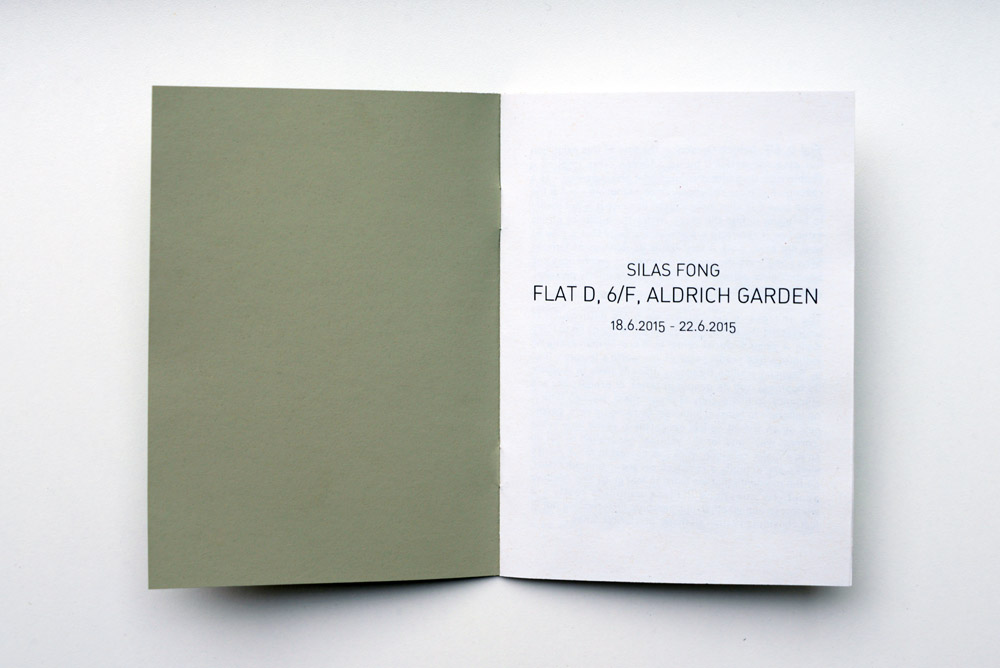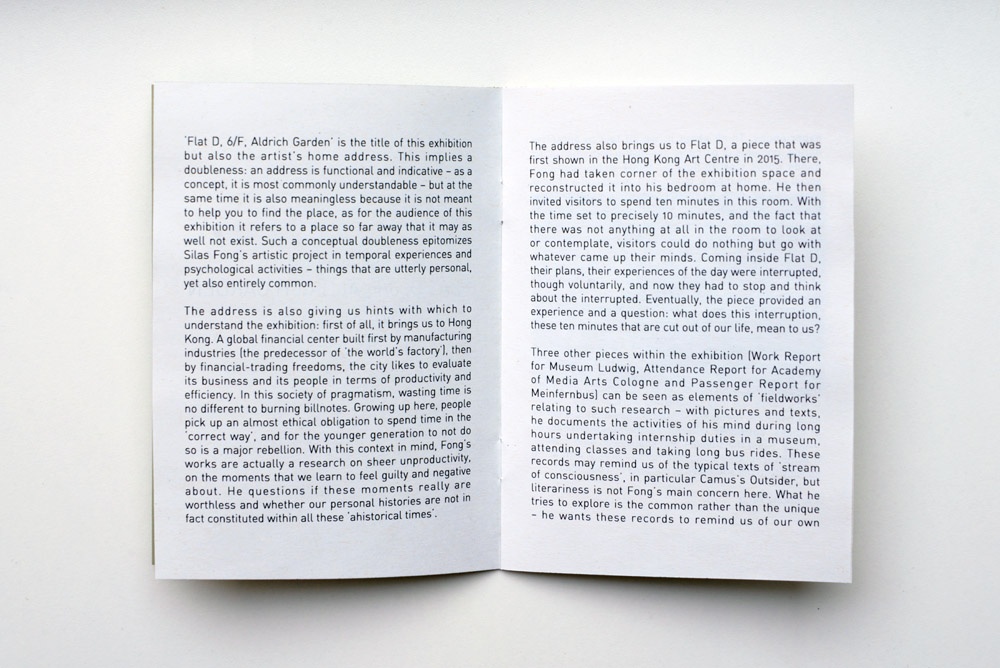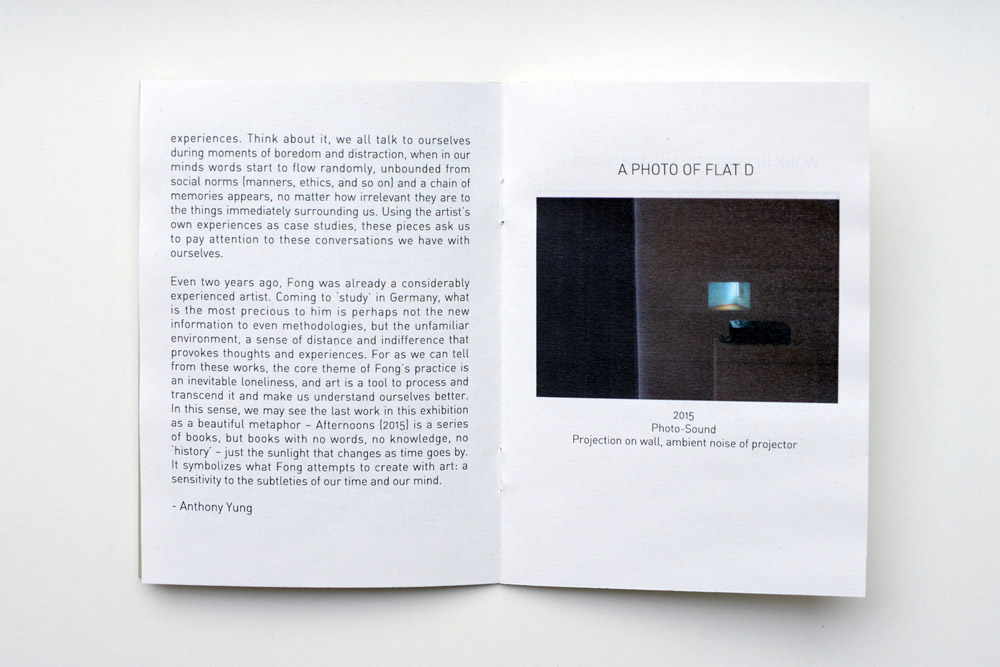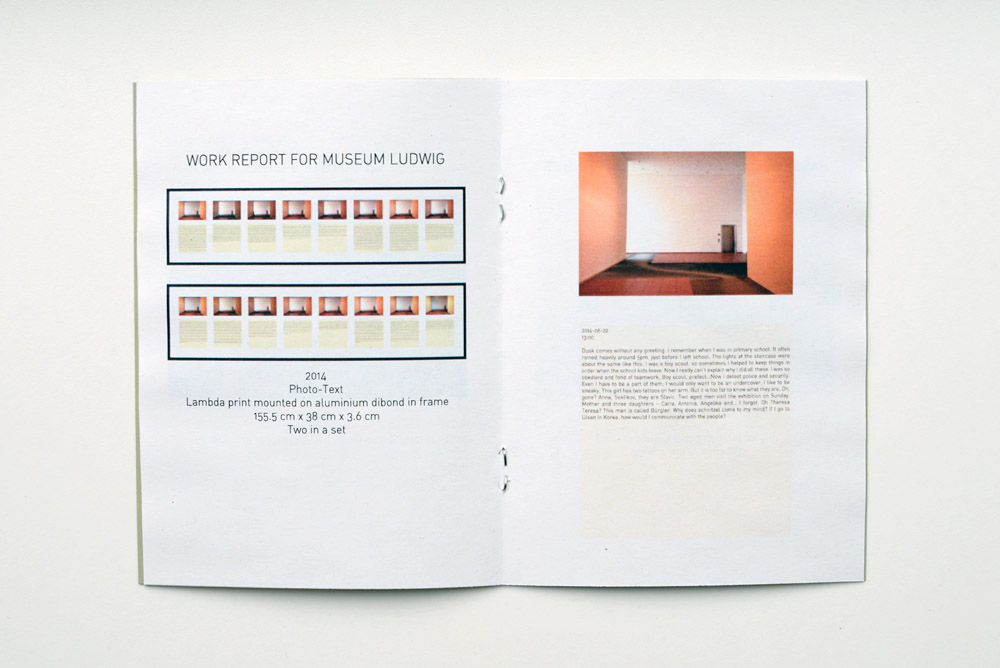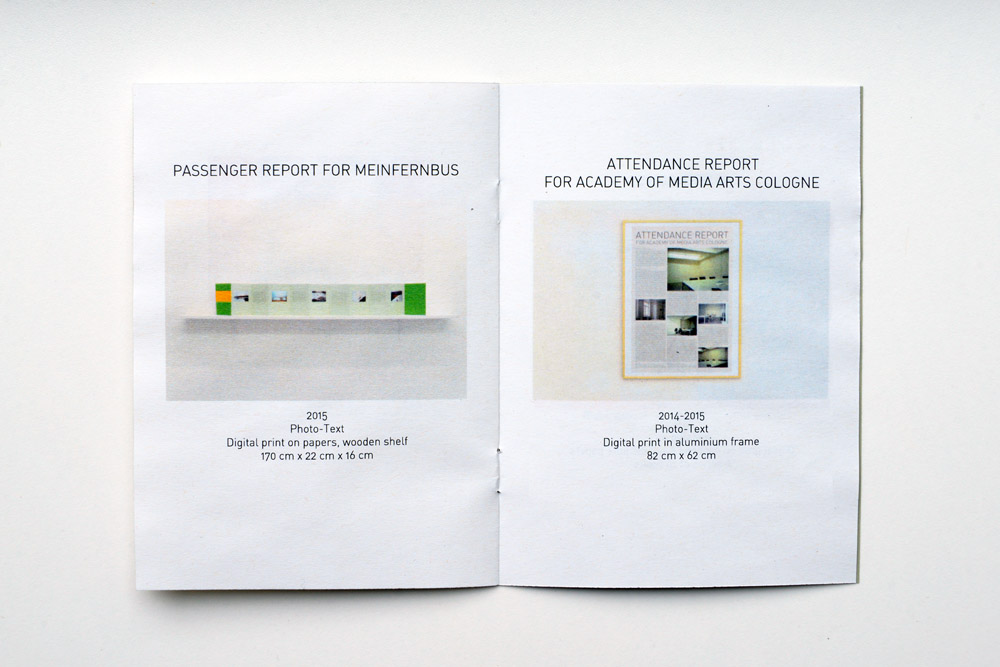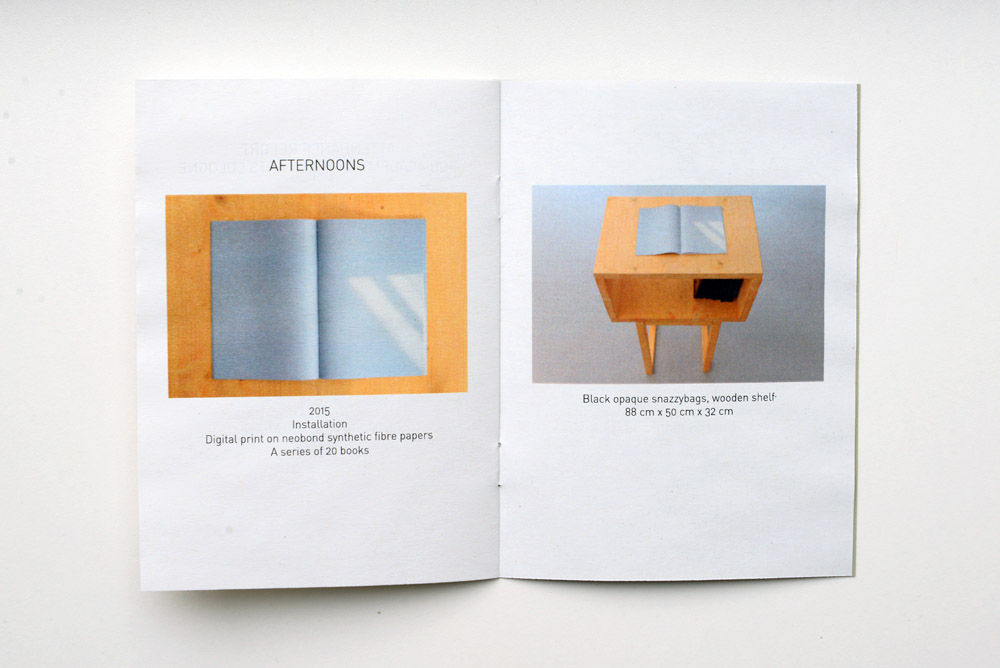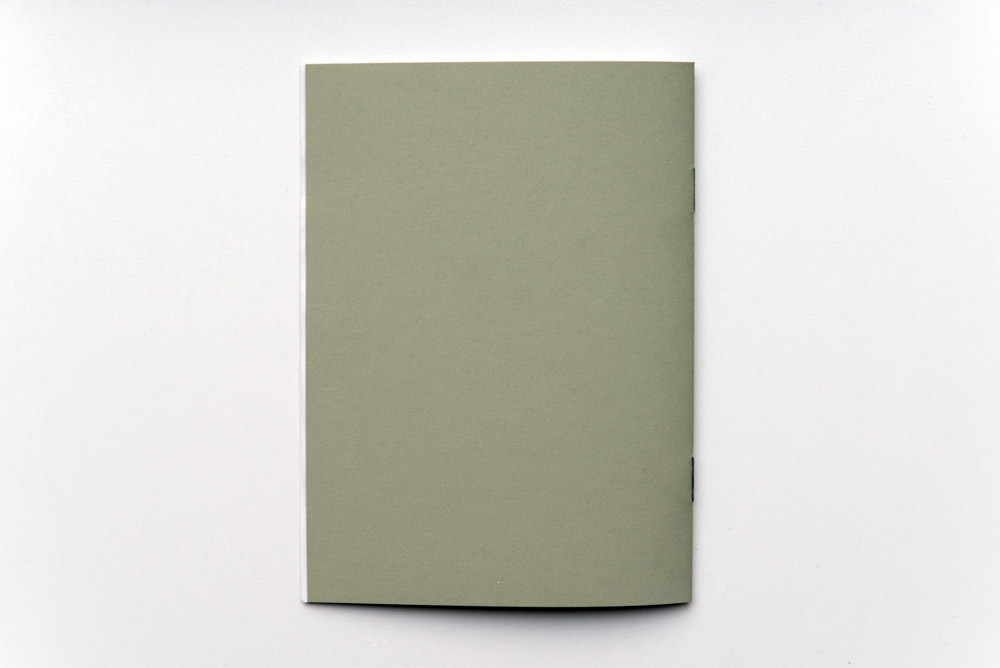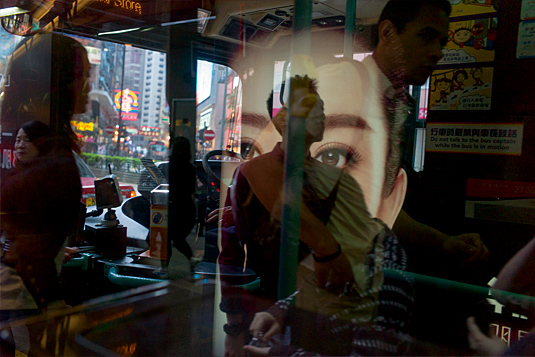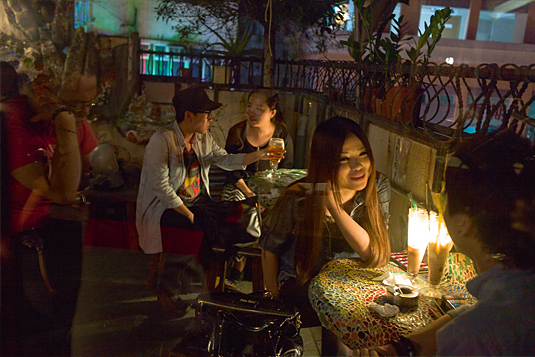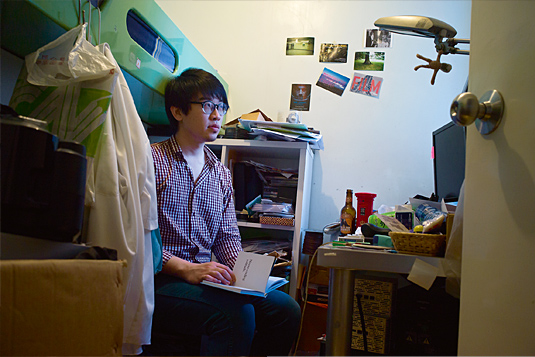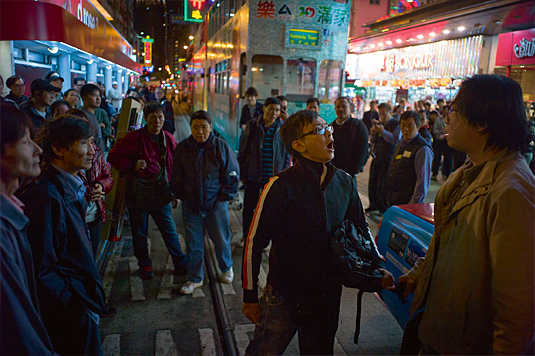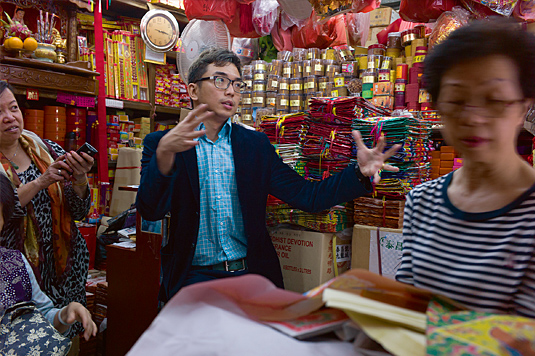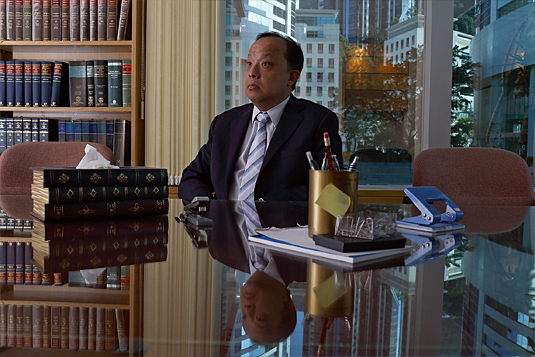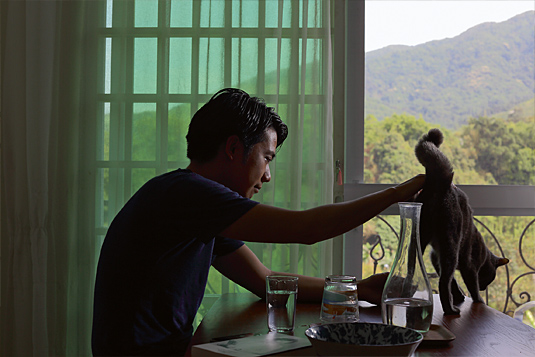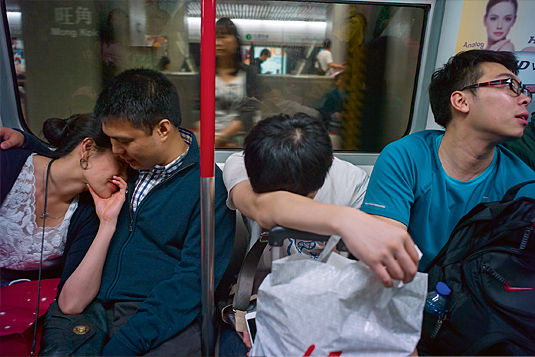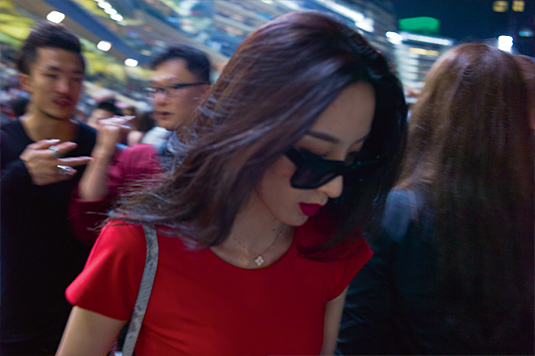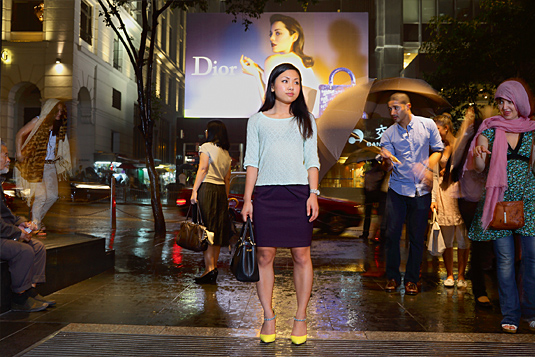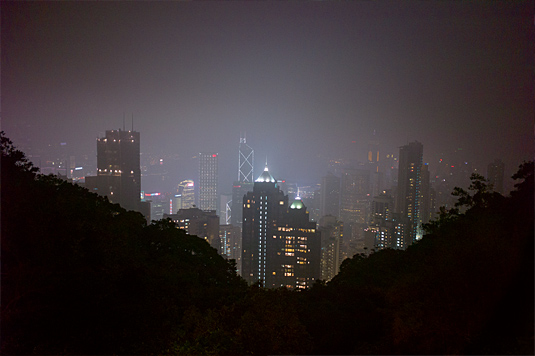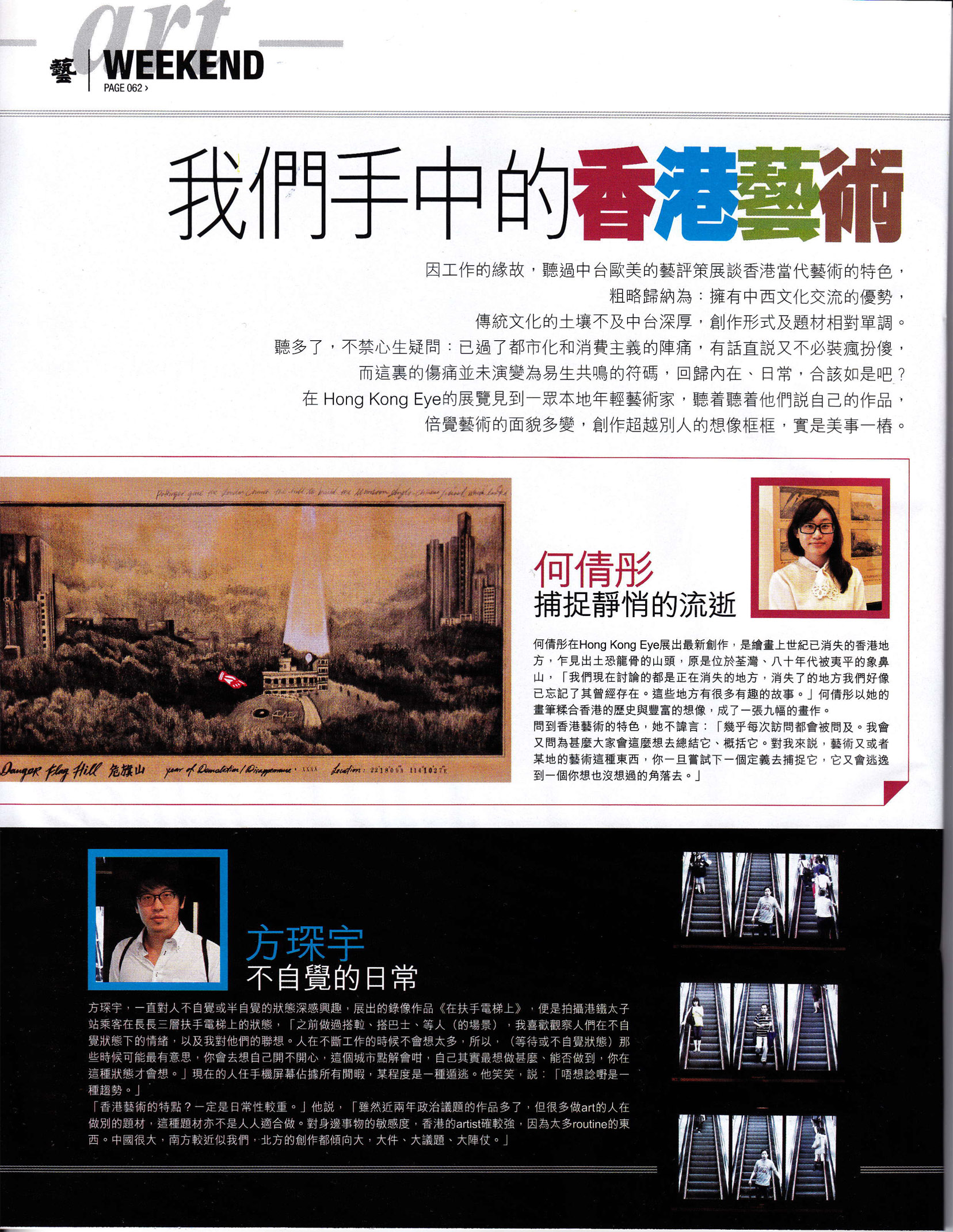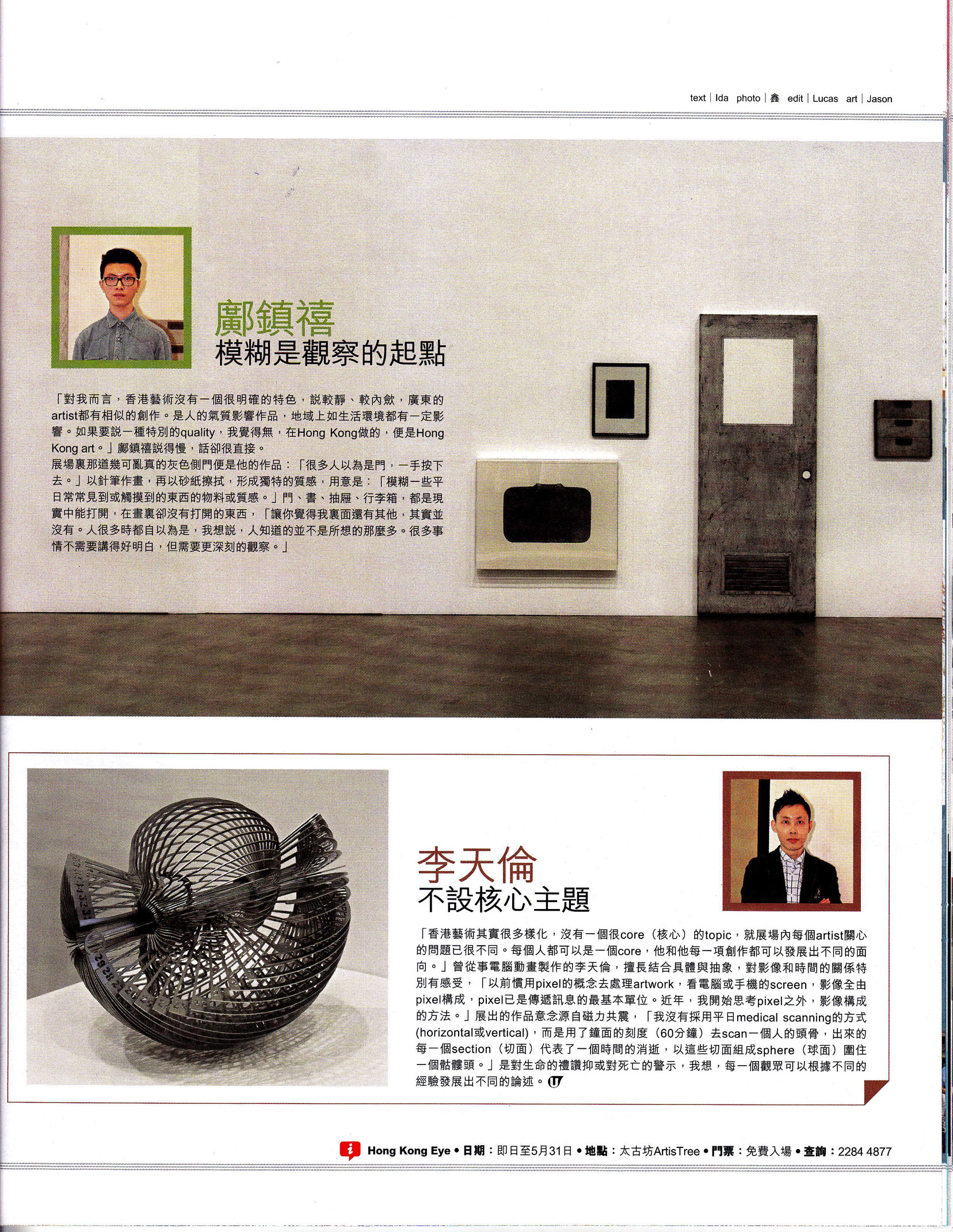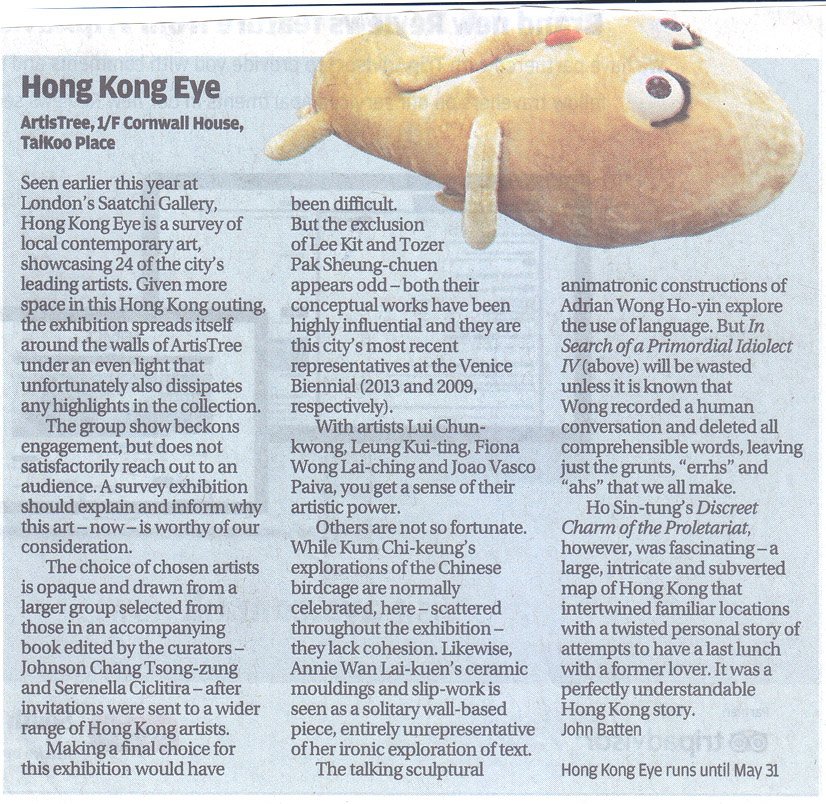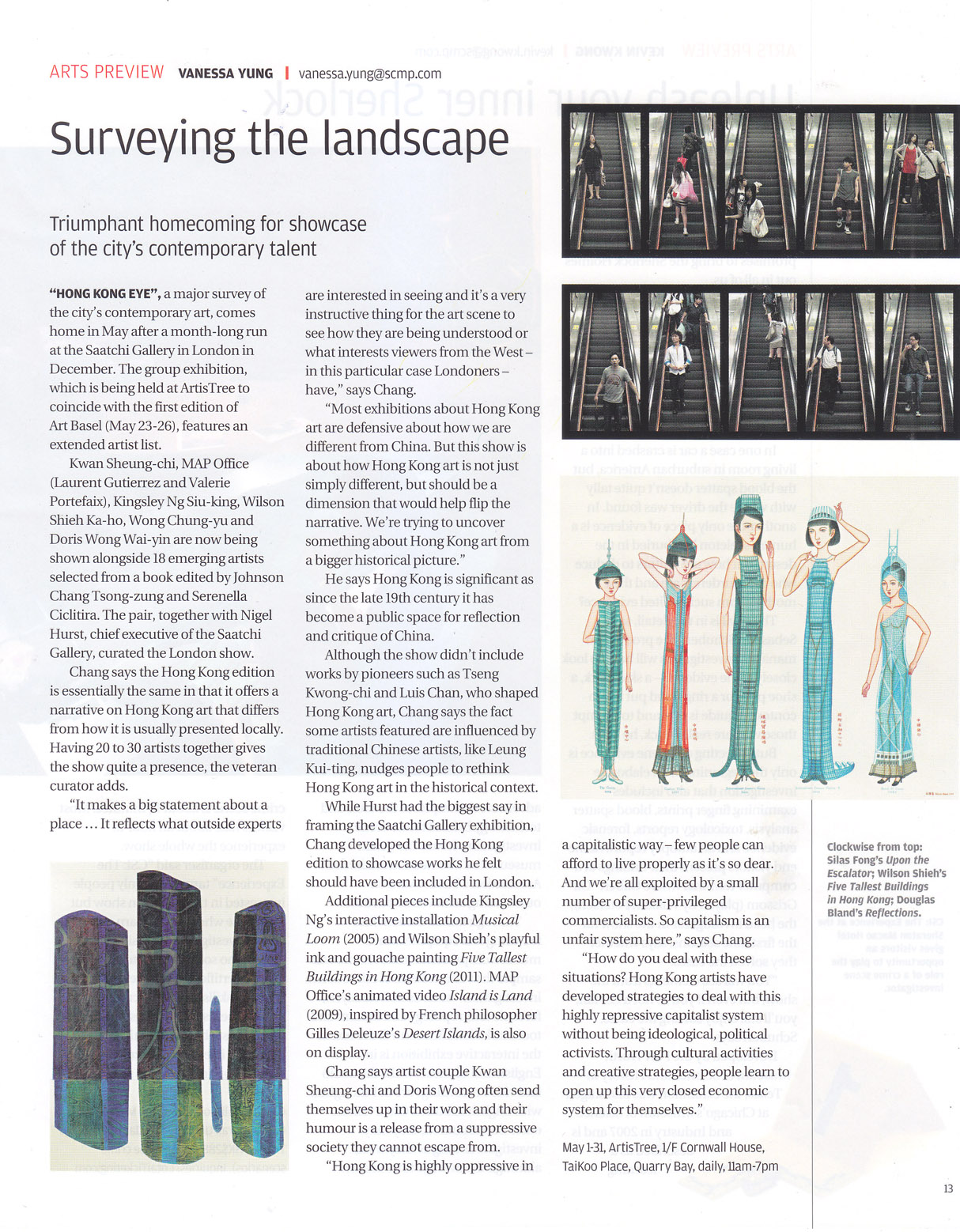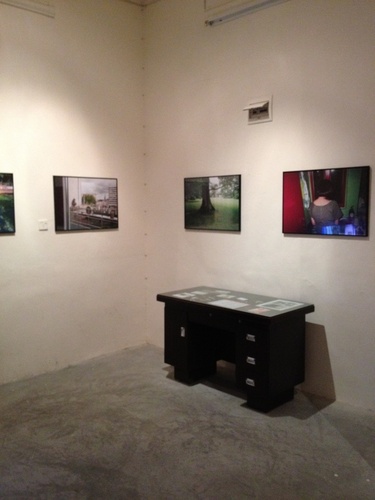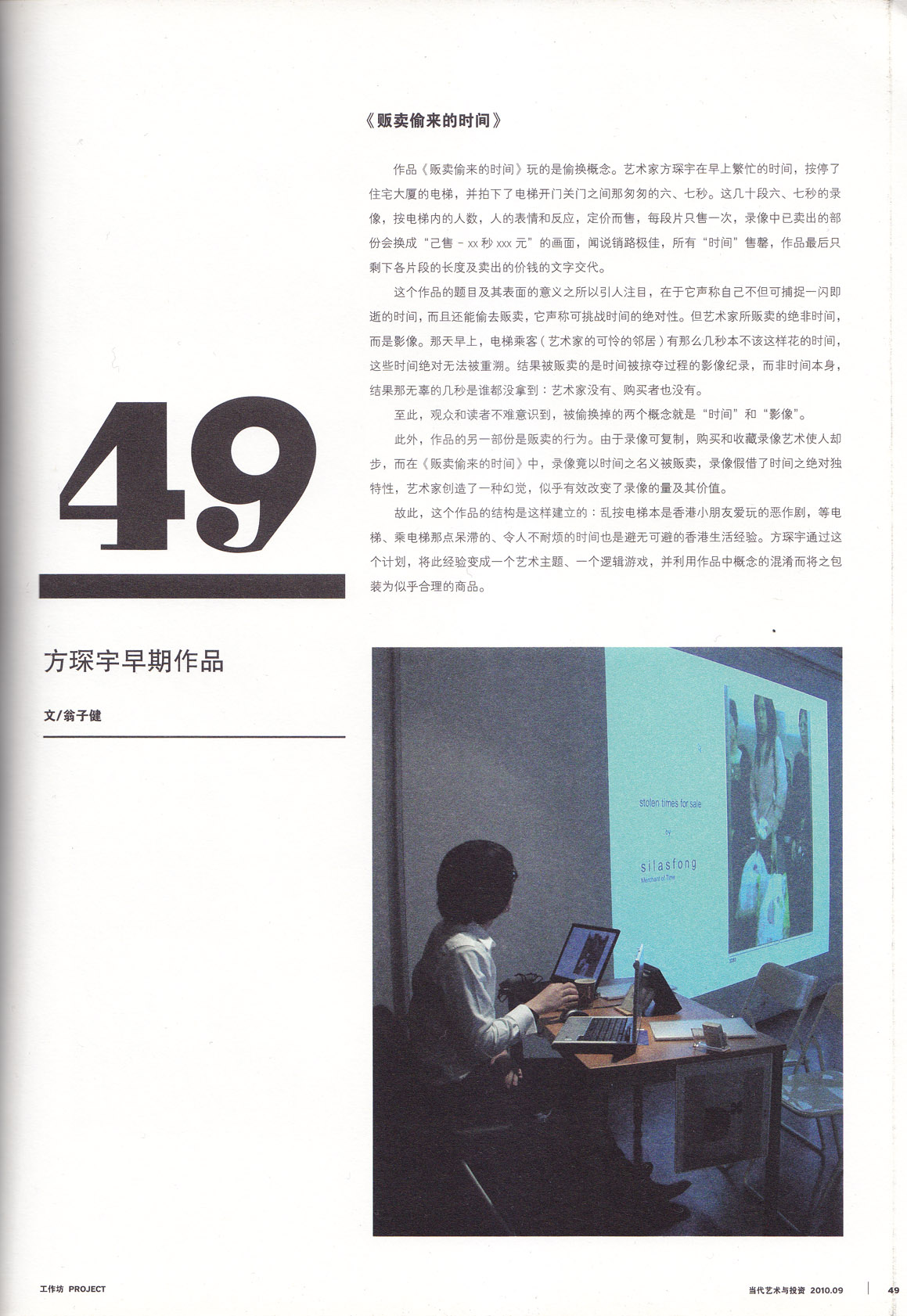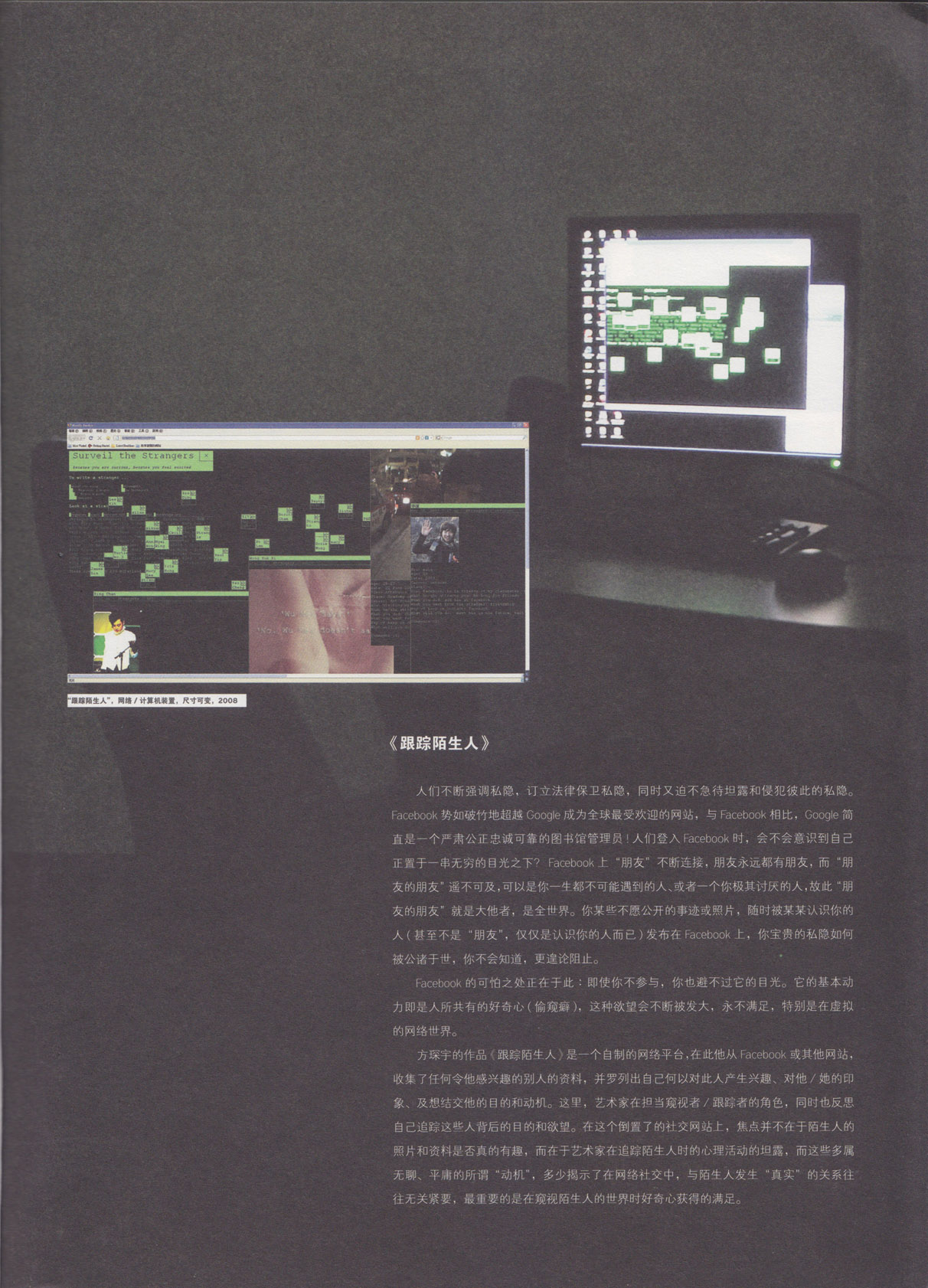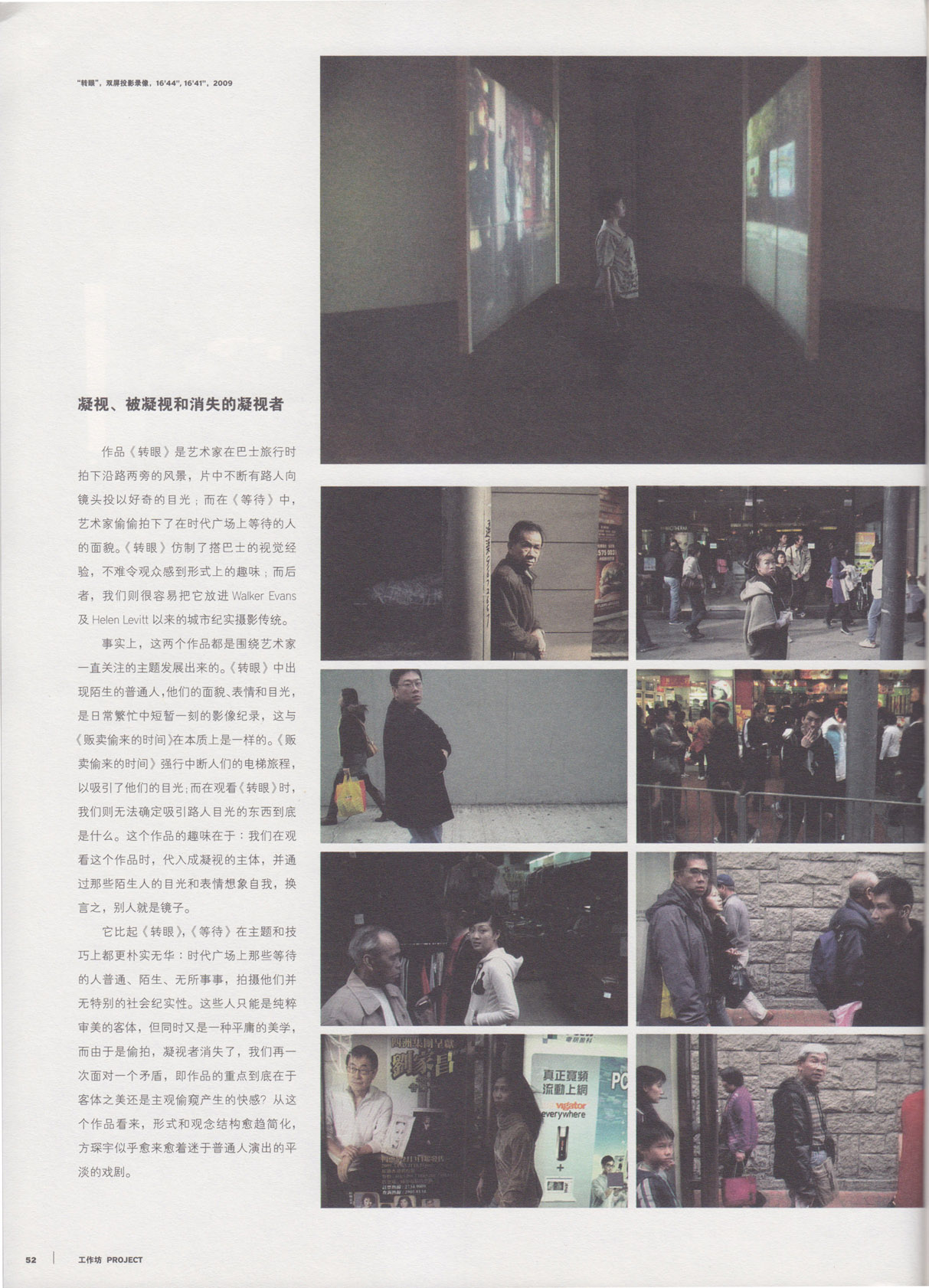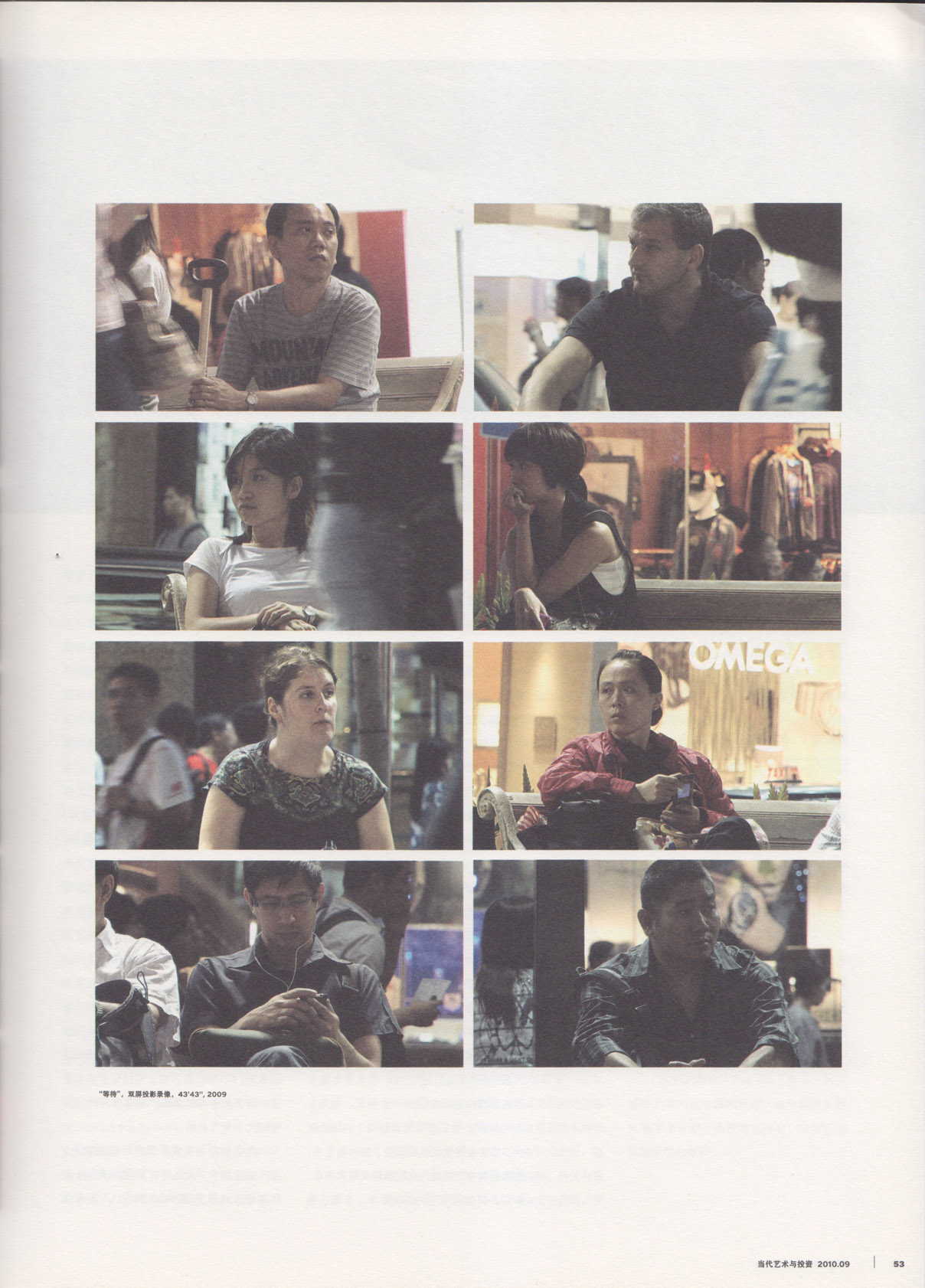CASE – Project Space of Photography, Academy of Media Arts Cologne
18 Jun 2015– 22 Jun 2015
Text by Anthony Yung
Flat D, 6/F, Aldrich Garden’ is the title of this exhibition but also the artist’s home address. This implies a doubleness: an address is functional and indicative – as a concept, it is most commonly understandable – but at the same time it is also meaningless because it is not meant to help you to find the place, as for the audience of this exhibition it refers to a place so far away that it may as well not exist. Such a conceptual doubleness epitomizes Silas Fong’s artistic project in temporal experiences and psychological activities – things that are utterly personal, yet also entirely common.
The address is also giving us hints with which to understand the exhibition: first of all, it brings us to Hong Kong. A global financial center built first by manufacturing industries (the predecessor of ‘the world’s factory’), then by financial-trading freedoms, the city likes to evaluate its business and its people in terms of productivity and efficiency. In this society of pragmatism, wasting time is no different to burning billnotes. Growing up here, people pick up an almost ethical obligation to spend time in the ‘correct way’, and for the younger generation to not do so is a major rebellion. With this context in mind, Fong’s works are actually a research on sheer unproductivity, on the moments that we learn to feel guilty and negative about. He questions if these moments really are worthless and whether our personal histories are not in fact constituted within all these ‘ahistorical times’.
The address also brings us to Flat D, a piece that was first shown in the Hong Kong Art Centre in 2015. There, Fong had taken corner of the exhibition space and reconstructed it into his bedroom at home. He then invited visitors to spend ten minutes in this room. With the time set to precisely 10 minutes, and the fact that there was not anything at all in the room to look at or contemplate, visitors could do nothing but go with whatever came up their minds. Coming inside Flat D, their plans, their experiences of the day were interrupted, though voluntarily, and now they had to stop and think about the interrupted. Eventually, the piece provided an experience and a question: what does this interruption, these ten minutes that are cut out of our life, mean to us?
Three other pieces within the exhibition (Work Report for Museum Ludwig, Attendance Report for Academy of Media Arts Cologne and Passenger Report for Meinfernbus) can be seen as elements of ‘fieldworks’ relating to such research – with pictures and texts, he documents the activities of his mind during long hours undertaking internship duties in a museum, attending classes and taking long bus rides. These records may remind us of the typical texts of ‘stream of consciousness’, in particular Camus’s Outsider, but literariness is not Fong’s main concern here. What he tries to explore is the common rather than the unique – he wants these records to remind us of our own experiences. Think about it, we all talk to ourselves during moments of boredom and distraction, when in our minds words start to flow randomly, unbounded from social norms (manners, ethics, and so on) and a chain of memories appears, no matter how irrelevant they are to the things immediately surrounding us. Using the artist’s own experiences as case studies, these pieces ask us to pay attention to these conversations we have with ourselves.
Even two years ago, Fong was already a considerably experienced artist. Coming to ‘study’ in Germany, what is the most precious to him is perhaps not the new information to even methodologies, but the unfamiliar environment, a sense of distance and indifference that provokes thoughts and experiences. For as we can tell from these works, the core theme of Fong’s practice is an inevitable loneliness, and art is a tool to process and transcend it and make us understand ourselves better. In this sense, we may see the last work in this exhibition as a beautiful metaphor – Afternoons (2015) is a series of books, but books with no words, no knowledge, no ‘history’ – just the sunlight that changes as time goes by. It symbolizes what Fong attempts to create with art: a sensitivity to the subtleties of our time and our mind.
德國科隆媒體藝術學院CASE攝影項目空間
2015年6月18 – 22 日
文章 – 翁子健
「愛蝶灣6樓D室」是方琛宇這次展覽的題目,但也是他家的地址。這個雙重性的意味在於:作為一個普通的概念,地址是功能性及指示性的,但以這個地址命名一個在科隆發生的展覽,這個地址便不再有任何實用意義,因為作為題目它不是為了讓人去尋找這個具體的地點,對於觀看這次展覽的人來說,甚至這個地點是否存在也不要緊。這種雙重性正是方琛宇創作中的核心命題:那些既是完全私密的、又同時極盡人所共知的事。
這個地址當然也是一個提示,幫助我們去理解這個展覽:首先,它指向香港,全球金融中心,曾經的「世界工廠」的大腦,以貿易自由聞名,一個以效率和生產力作為最高評判標準的地方。這個務實的社會篤信時間就是金錢。在這兒成長的人自然而然地帶有一種道理的責任感:必須以「正確」的方式利用時間,而浪費時間就是一種反叛。從這個角度看,不妨將方琛宇的創作理解為一種對反生產力的研究,是對於那些令人罪疚和難受的不事生產的時刻之探討。他的追問是:難道我們的個人歷史不是由無數的這些「非歷史性時間」構成的嗎?這些時刻怎麼可能會毫無意義呢?
這個地址也指向《D室》,那是這次展覽上的一件作品,2015年在香港藝術中心第一次展出。當時,方利用了展覽的一個角落,將之改造,仿製成自己家中睡房。展覽期間,他邀請觀眾每人獨自在房間內等待10分鐘,房門鎖上,任何計時工具都不得帶上。觀眾知道他將會在房中等待10分鐘,但是房間裡沒有任何值得一看的東西,他們只能把注意力放在自己的頭腦內。他們的日程計劃,他們的體驗,好比是突然被中斷了一下,儘管他們是自願參與這件事的,但是他們也不得不停下來,面對這個中斷。這就是這個作品的核心命題:這個沒有理由的中斷,這10分鐘裡的發生的事情,它意味著什麼?在未來我們還會記得它嗎?
當下這次展覽的其他三件作品可被視為方的研究之考察素材。他以圖片及文字記錄了他在美術館實習值班時,在上課時,和在長途巴士上的心理活動。這些文字可能會有點像經典的意識流小說,尤其是卡謬的《局外人》,但是文學性不是方關心的問題。方要探討的是一種普遍的東西,而不是一些特殊的私人經驗。試想:在沉悶和分神時,我們是否都會在頭腦裡跟自己說話?我們都跟自己說了些什麼?這些話是偶然的嗎?它們為什麼會出現,為什麼會這樣出現?它們可能還會出現得毫無約束,不顧任何社會的基本禮儀和道德。與當下情境毫無關係的記憶畫面也會浮現,我們都不知道此事此地為什麼會想起這些事。方以自己的經驗,希望探討的正是這些我們自己跟自己的對話。
在來德國兩年之前,方在香港已是一位受到認可、有相當經驗的藝術家。對他而言,來德國讀書,最重要的肯定不是獲取新的資訊和方法,而是對一個陌生環境的體驗,一種距離感和冷漠感,因為孤獨正是方最感興趣的感受之一,他的創作也往往旨在處理及轉化孤獨,以達致對自我的更深刻的理解。從這個角度看,這次展覽的最後一件作品《午後》真可謂是一個美麗的比喻:《午後》是一本沒有文字,不記載任何知識和歷史的書,書中只有陽光的映照,隨著時間轉變形式。這大概象徵了方的藝術創作之要旨:自我對於時間和心靈的最為細緻的感受。
Exhibition view




Working Report for Museum Ludwig




A photo of Flat D


Passenger Report for Meinfernbus





Attendance Report for Academy of Media Arts




Afternoons








